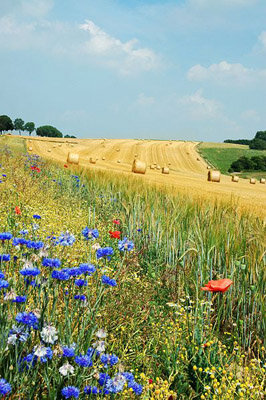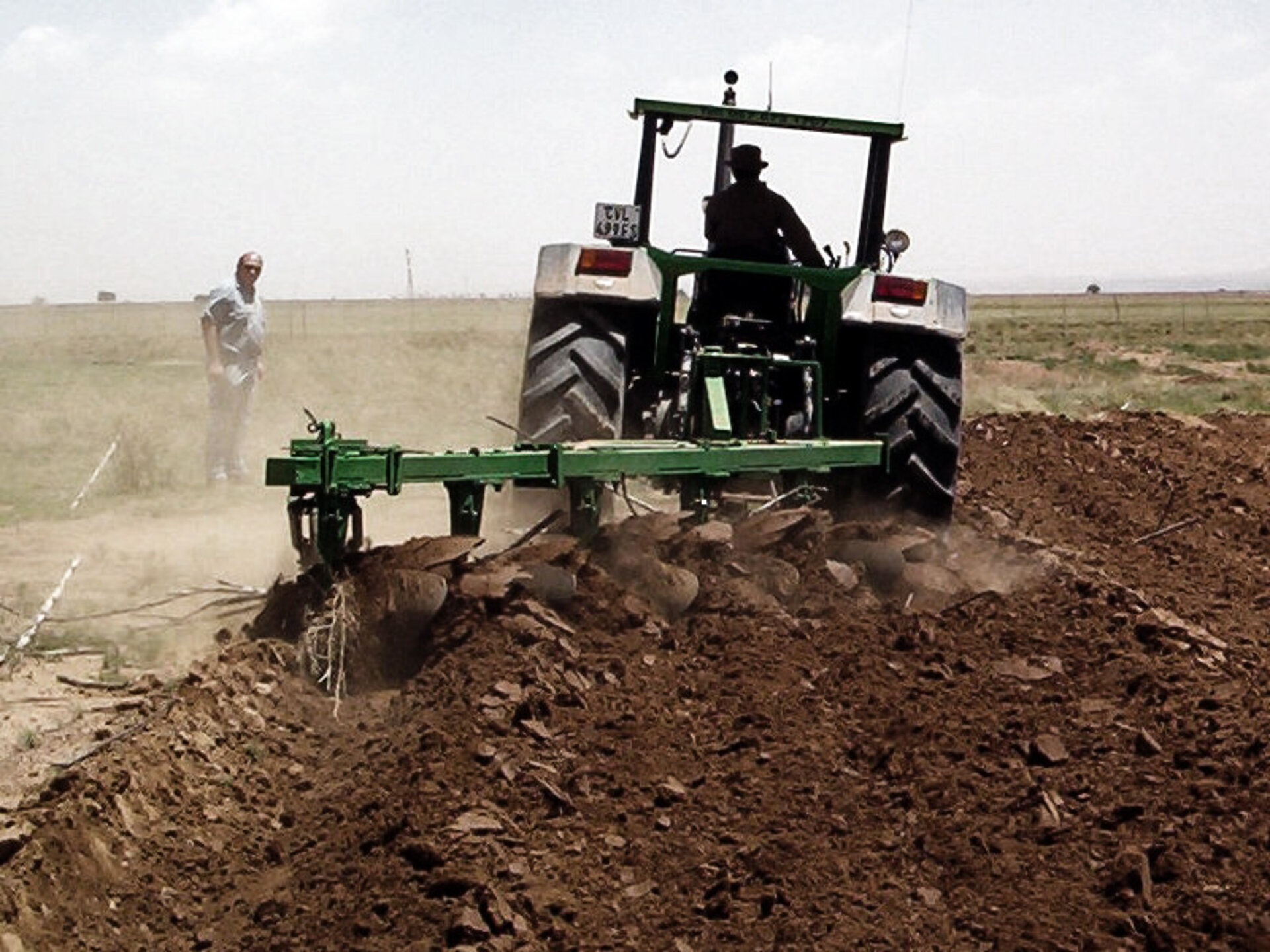European Satellite Navigation Competition awards
This year’s ESA Innovation Prize for the European Satellite Navigation Competition has been awarded to an application that uses satellites to detect river pollution. A separate prize supported by ESA was awarded to a startup company for a pioneering system that uses satellite data to boost investment in farming.
At the award ceremony, held in Munich on 18 October, the Salzburg startup company Mobilizy took home the €20.000 Galileo Master grand prize for its novel navigation system Wikitude Drive, which superimposes driving directions over live street video on smartphones.

Altogether 357 ideas from 44 countries were submitted to the 2010 European Satellite Navigation Competition (ESNC).
In addition to the grand prize, 21 regional winners and six special topic prizes were awarded at ESNC 2010 by partners from industry and research institutions for the best applications that make use of Global Navigation Satellite Systems (GNSS).
EGNOS helps locate sources of water pollution

In streams and irrigation channels, wastewater runoffs can quickly affect water quality and harm ecosystems. Rafael Olmedo and Luis Burillo, from the Spanish research institute INTA, invented the NEPA application to detect changes in electrochemical water quality indicators and also potential sources of hazardous pollution.
By using the extreme accuracy of EGNOS (European Geostationary Navigation Overlay Service), NEPA can help authorities to uncover illegal wastewater influx in waterways, identifying both how harmful the pollution is and exactly where it flows into the waterway.

“The innovation of NEPA lies in the combination of satellite navigation, wireless communication and electronic technologies to acquire and communicate the analytical parameters of waterways,” explains Rafael Olmedo.
“In narrow waterways, where it is often difficult to collect continuous information throughout their entire length, our small NEPA sensors can drift through to take the necessary measurements.”
For this application, Olmedo and Burillo were awarded the ESA Technology Transfer Programme’s (TTP) ESA Innovation Prize.
It comes with a cash prize of €10 000 and the option to turn the idea into a viable business at one of TTP’s four ESA Business Incubation Centres (ESA BICs) or partner business incubators.
Helping to fund agricultural projects

Often it can be difficult for farmers to obtain the necessary funding to raise production to meet the growing demand for agricultural commodities. Helmut Drewes, from the German company Agrista that is being ‘reared’ at TTP’s ESA BIC Oberpfaffenhofen, has come up with an intelligent system to reduce funding risks, making agricultural investment more attractive.

Agrista’s system enables financiers to use up-to-date agricultural information to improve financial planning for farmers, based on a deeper understanding of the specific agricultural situation, the financing requirement and credit risks. It pulls together field data and crop production data, as well as rainfall and temperature data from weather satellite observations, to calculate estimated yield indices. By reducing the risk, the system makes it easier to attract new funding.
“We like Agrista’s concept of taking advantage of a number of readily-available satellite-based data to facilitate and encourage new investments in the agricultural sector. We know that agricultural production depends on a number of natural conditions, such as drought, rainfall and changes in local conditions. Using satellites to lower the risk on investments in this field is very intelligent and could eventually help in stabilising the world’s food production,” says Dr Thomas Beer, Policy Coordinator in the ESA GMES Space Office.
For this business-catalysing scheme, Agrista received the special GMES Masters ESNC prize, awarded by the German company T-Systems with assistance from ESA.
ESA Business Incubation Centres
ESA’s business incubation is one of the major initiatives of the Technology Transfer Programme Office (TTPO). As part of its endeavour to encourage the transfer and commercialisation of space technologies, four BICs have been set up in the Netherlands, Darmstadt and Oberpfaffenhofen in Germany, and near Rome in Italy.
The centres support selected entrepreneurs with comprehensive commercial and technical assistance to help them to start up businesses that use space technology in non-space industrial, scientific and commercial fields.
ESA’s Technology Transfer Programme Office (TTPO)
The TTPO’s main mission is to facilitate the use of space technology and space systems for non-space applications and to demonstrate the benefit of the European space programme to European citizens.
The office is responsible for defining the overall approach and strategy for the transfer of space technologies, including the incubation of start-up companies and their funding. For more information, please contact:
ESA’s Technology Transfer Programme Office
European Space Agency
Keplerlaan 1
2200 AG, Noordwijk
The Netherlands
Tel: +31 71 565 6208
Email: ttp@esa.int
More on ESA’s Technology Transfer Programme on ESA TTP website.










